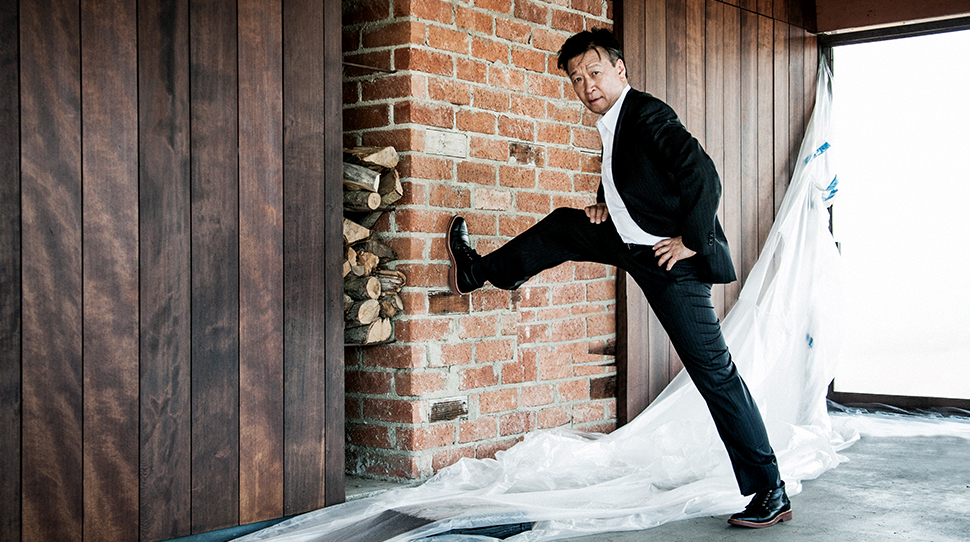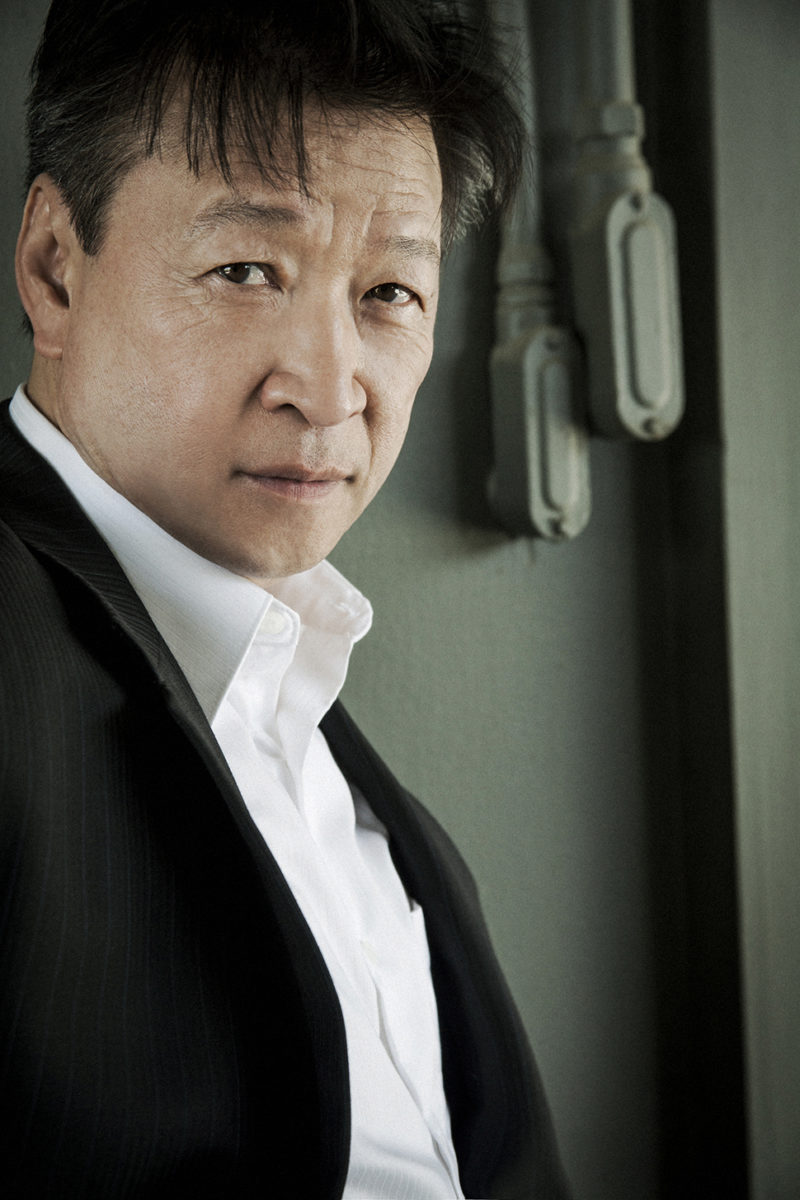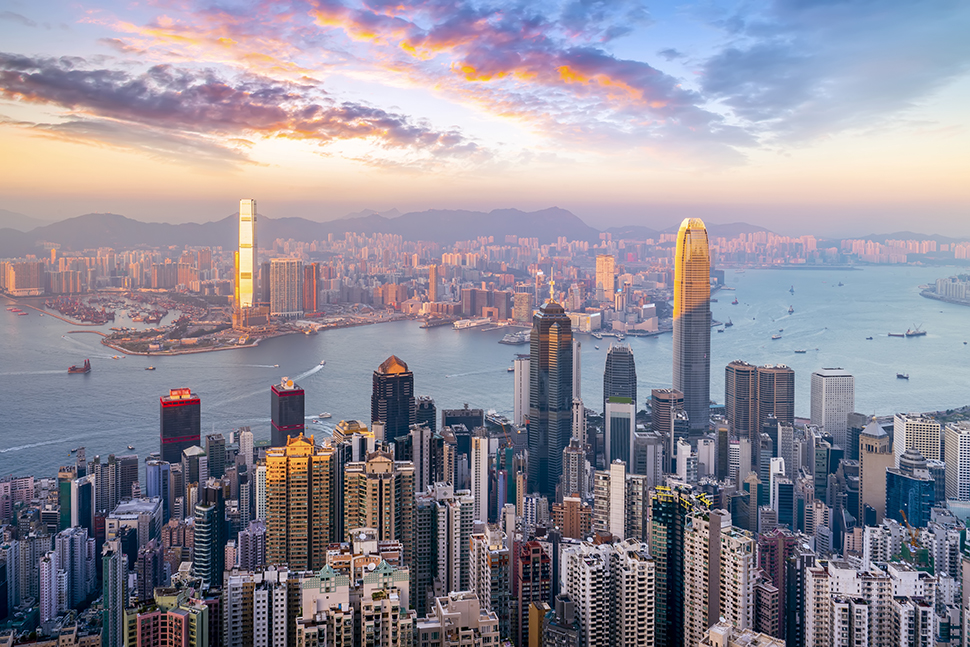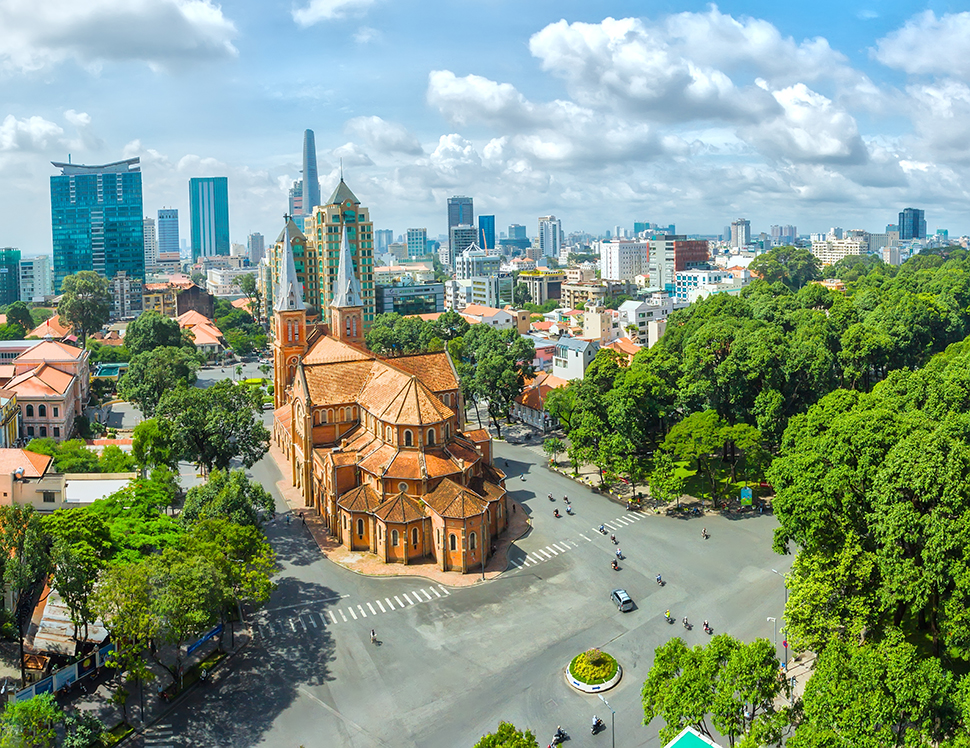

There aren’t many actors who can say they’ve worked with Chris Tucker and Mickey Mouse over the course of their career, but Tzi Ma can.
A familiar face in the entertainment industry — Ma has shared scenes with Tucker and Jackie Chan in Rush Hour, fought off aliens in Arrival and defended Chinatown in Netflix’s Wu Assassins series — he has been a part of your cinematic experience since the late ’70s.
Soon, your children will get to see him at work, thanks to Disney’s March 2020-releasing, live-action adaptation of Mulan, where Ma will portray the title character’s father, Hua Zhou.
The 57-year-old talks to Forbes Travel Guide about his long Hollywood journey, but he also describes his native Hong Kong to outsiders and gives the inside scoop on places he’d like to visit if he ever took a break from acting.

You’ve had a long, successful career. What have been some of the keys for your longevity?
Being a little choosy I think helps. I think steadfastness is also a key. When asking the question of yourself of whether this is what you want to do, if the man in the mirror says yes, then keep on keeping on. I think that’s how things are.
I think for actors of color, we have to be more discriminant about the work we do and what we choose to do because, ultimately, we are all part of a linked chain, and each link needs to be strong, you know?
The conventional wisdom out there [in Hollywood] is to do anything. When you first start, [actors say], “Oh, do anything! Anything that comes your way, just do it. It’s about doing.” Yes, I agree with the fact that it is about doing. Acting is about doing. The more you do, the better you’re at it.
But what you do is also important. If you’re doing something that is going to offend [others] or if you’re going to do something that you’re going to feel bad about, I would turn away from it.
Tell me about your role in Mulan.
Let me call him “Dad Mulan.” Dad Mulan is extraordinary. The [Mulan] fans out there, if they’re expecting Mulan to be a remake of the animation, they may be disappointed. Because the decision was made at Disney at a very early time that we are going to follow the true legend of Mulan as opposed to following the animation. There are similarities. We’ve borrowed some stuff from the animation. The mythology and all that stuff was fantastic, which was not part of the legend of Mulan.
And the fact that this is about family [is great]. It’s about filial piety. Here’s a young woman who’s basically a teenager. She went to war in place of her dad because her dad really no longer had the ability to go and fight for the emperor. He was in the previous war and was injured. There was no way for him to go to battle and that was his duty. Mulan sees all of that. Because of her love for her dad, she just goes.
To make that decision of going to war disguised as a man, I mean, there are a lot of challenges right there. So, in that sense, you’re talking about this familial love between dad and daughter.
What I’m saying is that it holds an important place in today’s society. Because in today’s society, particularly in America, there are so many families that are separated. The family, the nuclear family, the unit, is no longer there.
The divorce rate is more than 50 percent. So, the more we present stories of family unity, I think it would do us a lot of good, particularly with something that’s entertaining.

Unfortunately, your native Hong Kong has been in the news over the past few months for protests. For the person who only knows that about the city, what are they missing?
I kind of rediscovered Hong Kong because I left at a very young age. Whatever I knew about Hong Kong doesn’t really exist anymore. You’re talking about so many decades of progress. So many decades of change about Hong Kong.
Hong Kong is a modern miracle. Every time you go to Hong Kong there is something new. There is a new bridge. A new tunnel.
A new hotel.
Oh my God, it’s crazy! You remember SARS? People were dying from the disease. They completely changed their city [after that]. It became a city of cleanliness, conscious of hygiene. That didn’t exist before. The city is on a constant change.
There are so many people, so densely populated in such a small area, you really have to learn to live with one another. And you really have to learn to be courteous. You have to learn to respect others’ spaces. Although, I must say, their space is a lot smaller than ours — in terms of your personal space. They do pack it in.
But you know, it’s a different place. It’s a different culture. You are talking about people who are entrepreneurial because their standard of living is very high in Hong Kong. You have to work a couple of jobs to kind of make ends meet. So, in that sense, I understand the tension.
For people outside of Hong Kong who don’t really know about Hong Kong, you talk about a population that is so hardworking. They’re so creative in terms of how to make things work. I mean, just look at their engineering. It’s amazing.
They just built [the Hong Kong-Zhuhai-Macau Bridge], man, all the way from Hong Kong that goes right into Macau. You know how long that bridge is? I saw it from the air. I was going, “That’s real? Is that a set? Is that a model of some kind? What’s up? Are they shooting King Kong?”
It never ceases to amaze me every time I visit Hong Kong. It’s ridiculous, man, and it’s gorgeous. The place is beautiful because it’s surrounded by the sea.

Where else do you love visiting in Asia?
I think that all of Southeast Asia is underrated. But be careful, though. You have a responsibility as a tourist, as a visitor, to respect the spaces, too. You’re talking about Cambodia. You’re talking about Laos. You’re talking about Vietnam. Borneo. Sri Lanka. Indonesia. Malaysia. Even Singapore. Singapore is a tiny, little speck on the face of the earth, and it is a fascinating place. You have all of these places in Southeast Asia that are so diverse. There are so many flavors and colors and religions and people.
I just came back from Penang and Singapore and I said, “You know what? This never gets old, man.” And really, all we ask for people who do go visit is do a little more research before you go. Know what space you’re in. There are certain things that are endangered. There are certain places that are protected. Respect people’s religions. There is a lot of diversity that we’re talking about.
And Vietnam is a whole amazing country that is changing in such a rapid way. I think how quickly Vietnam is changing. I would recommend you go quickly because, otherwise, it’s going to be completely different than what you’ve envisioned.
Are there any places in Europe or Africa that you’ve enjoyed visiting or that you want to go?
You know something? I need to go to Africa. I have never been so I gotta go. In the next couple of years, that’s my plan. I’m going to visit Africa in a serious way — I mean everywhere.
Hopefully, I will be able to see some of the magnificence seen on National Geographic. I see that, but it’s in a picture. I would love to be in the space and, hopefully, by my presence there, also bring some attention to some of the atrocities and all the poaching.
